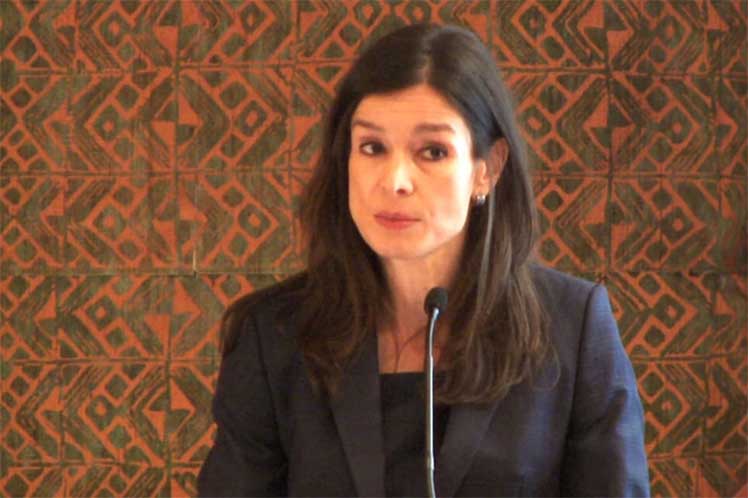According to a statement, international reports denounced both physical and verbal abuse; forced admission and treatment; manual, physical and pharmacological restraint; as well as unsanitary living conditions.
Since the adoption of the Convention on the Rights of Persons with Disabilities in 2006, several nations have tried to reform their mental healthcare laws, policies and services; however, few have to date established the necessary frameworks to meet these international standards.
WHO issued new guidance on this issue calling for community-based care, respecting human rights and focusing on recovery, and highlighting the need for these people to receive support for daily life such as giving access to accommodation and links with education and employment services.
In this way, it seeks to speed up the transition from services that resort to coercion and focus on the use of medication to control the mental illness, Dr. Michelle Funk, from the Department of Mental Health and Substance Use, said.
WHO´s new guidance includes community-based examples from countries such as Brazil, India, Kenya, Myanmar, New Zealand, Norway and the United Kingdom that have proved good practices regarding non-enforcement, community inclusion and the right to make decisions about treatment and life.
pgh/Pll/oda / rbp










